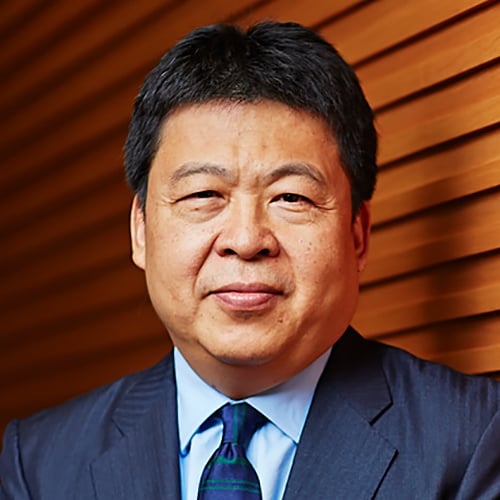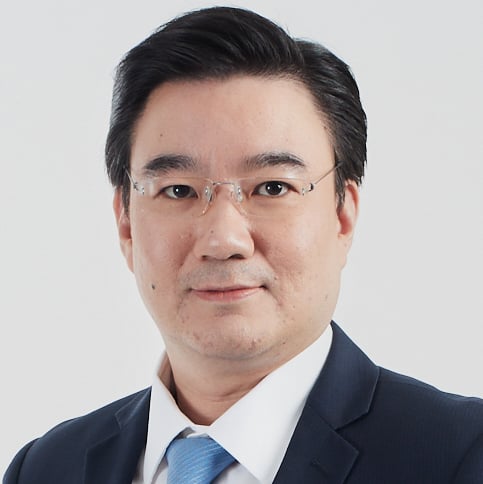
Why do conspiracy theories so often receive their strongest support from the world's dictators? Dictators are almost always oddballs, but it is worth asking: Is quackery a required trait of authoritarian rule?
Having grown up in the Soviet Union, I am particularly sensitive to the impact of perverse scientific theories on a society. Stalin rejected Mendelian genetics and even Darwin's theory of evolution, in favor of the bogus theories of Trofim Lysenko, the Soviet biologist who believed that human traits were acquired, not inherited. With Stalin's backing, Lysenko sent Soviet biology down a two-decade-long rabbit hole of lunacy.
Nikita Khrushchev overturned Stalinism, but he had his own pet theoretical perversity. He believed a group of hardened engineers and geologists who argued that Soviet atomic bombs could be used to reverse the course of major rivers, allowing water to be redirected toward agriculture, rather than being "wasted" by flowing into the Arctic Sea.
Of course, Russia's experience with authoritarian charlatanism is hardly unique. Hitler's embrace of disturbing racial "science" delivered the world into darkness and led to the Holocaust. Today, the same paranoia-fueled attraction to phony ideas motivates many authoritarians to endorse conspiracy theories and disregard conventional wisdom.
For example, Turkish President Recep Tayyip Erdoğan has refused to heed the advice of economists and endorse an interest-rate hike in response to the lira's collapse. His position is economic nonsense but it cannot be separated from his belief that malevolent external actors – usually acting through the financial markets – are plotting against his regime.
But perhaps no current leader is more susceptible to half-baked theories than the US president and wannabe authoritarian, Donald Trump. Since entering the White House, Trump has repeatedly linked vaccines to autism – despite overwhelming evidence refuting any connection. He has also denied the well-established link between human activity and climate change. And he has insisted, over the protests of countless economists, that trade deficits are a sign of US economic weakness.
Trump also appears convinced that the FBI and the media are conspiring to bring down his presidency. In this sense, he has embraced what the historian Richard Hofstadter described as a "paranoid style" of politics. Perhaps this is what draws Trump to Russian President Vladimir Putin, who also believes that the world is scheming against him.
And yet, even the most deeply held bogus beliefs eventually run up against reality. Those who refuse to recognize the world as it is – whether they are viewing it from Moscow, Washington, or any number of other places – will eventually lose the power that their denial was intended to protect.
Nina L. Khrushcheva is Professor of International Affairs at The New School and a senior fellow at the World Policy Institute.
Copyright: Project Syndicate, 2018. www.project-syndicate.org









